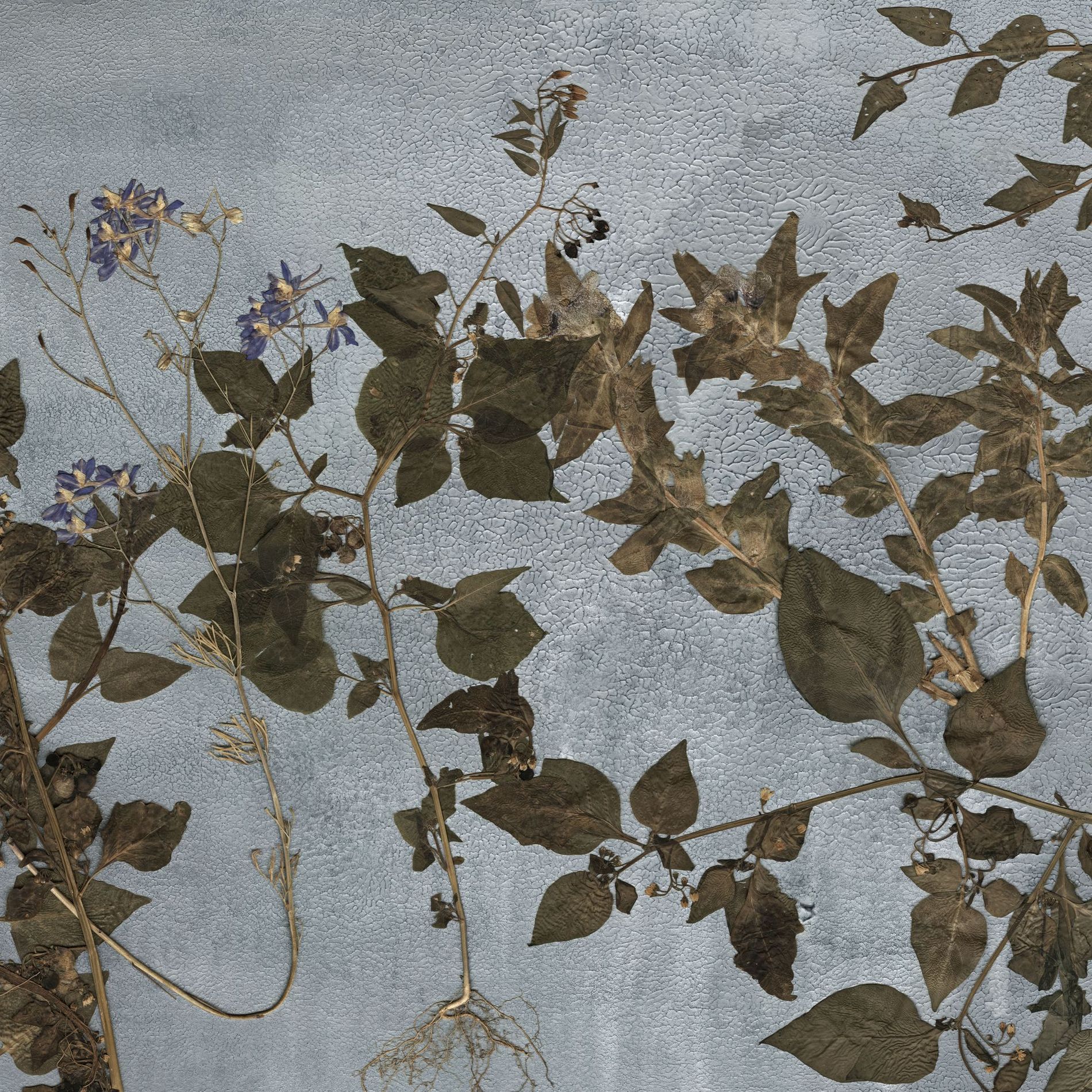As Mother’s Day arrives, Swedish singer Joy M’Batha, who lost her own mum when she was just 19, shares her story and offers advice
I grew up with my mum, stepfather and my four sisters in a big yellow house with a sprawling garden in a small village in Skåne, in Sweden, where there were only 1,000 people living there.
I had a very complicated childhood. My mum suffered from bipolar disorder, so I had to grow up quickly. And because I don't have a good relationship with either my stepfather or biological father, it always felt like it was just me and my sisters. There were ups and then downs, my mum was very manic and then would be extremely depressed. It was very lonely and chaotic – I don't wish that on anyone. I don't remember anything from my childhood, I think that's a coping mechanism.
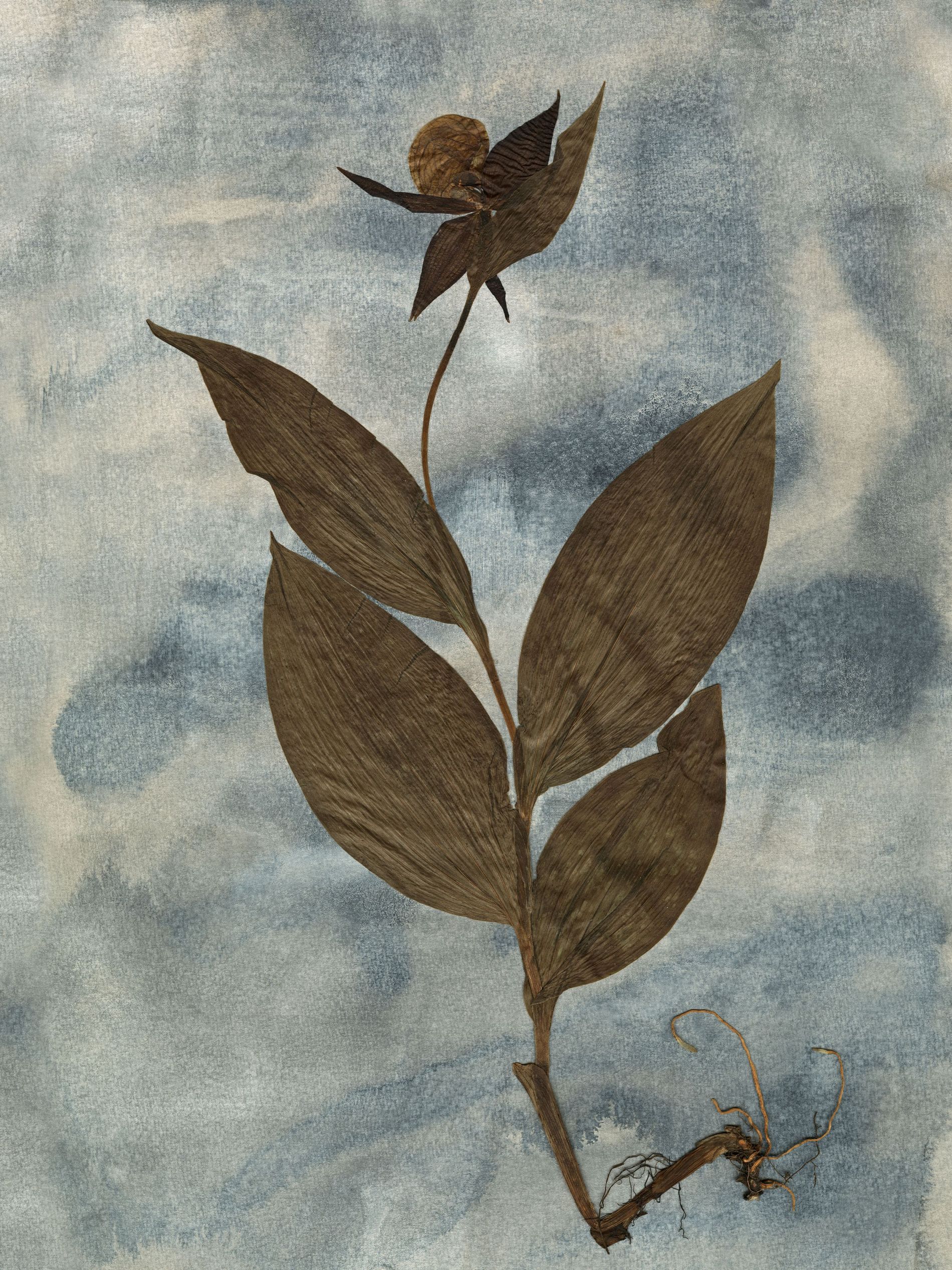
Photo: Martin Bergström
What I do remember is that my mum was extremely kind, very charming and easy to talk to. I talked to her about everything. The day after I lost my virginity, I told her immediately and her response was: ‘Isn't it super overrated?’ She never really had to give me any advice, she was more just there to listen.
My more recent memories are horrible – she was drinking and was often sick and in rehab, so they are not very pleasant memories. The day I found out she was in a coma, I was in Stockholm and suddenly got a call from my sister telling me to come to the hospital. She was in a coma for a week and then she passed away – I was 19-years old at the time and my youngest sister was nine.
I took on the mothering role to my other sisters and had to be strong for them – I wanted to protect them and didn’t want them going through anything like that ever again. My first mother's day after my mum’s death was very difficult, particularly seeing my friends and the relationships they had with their mothers. Here’s what I wish I had known about facing the day head-on…
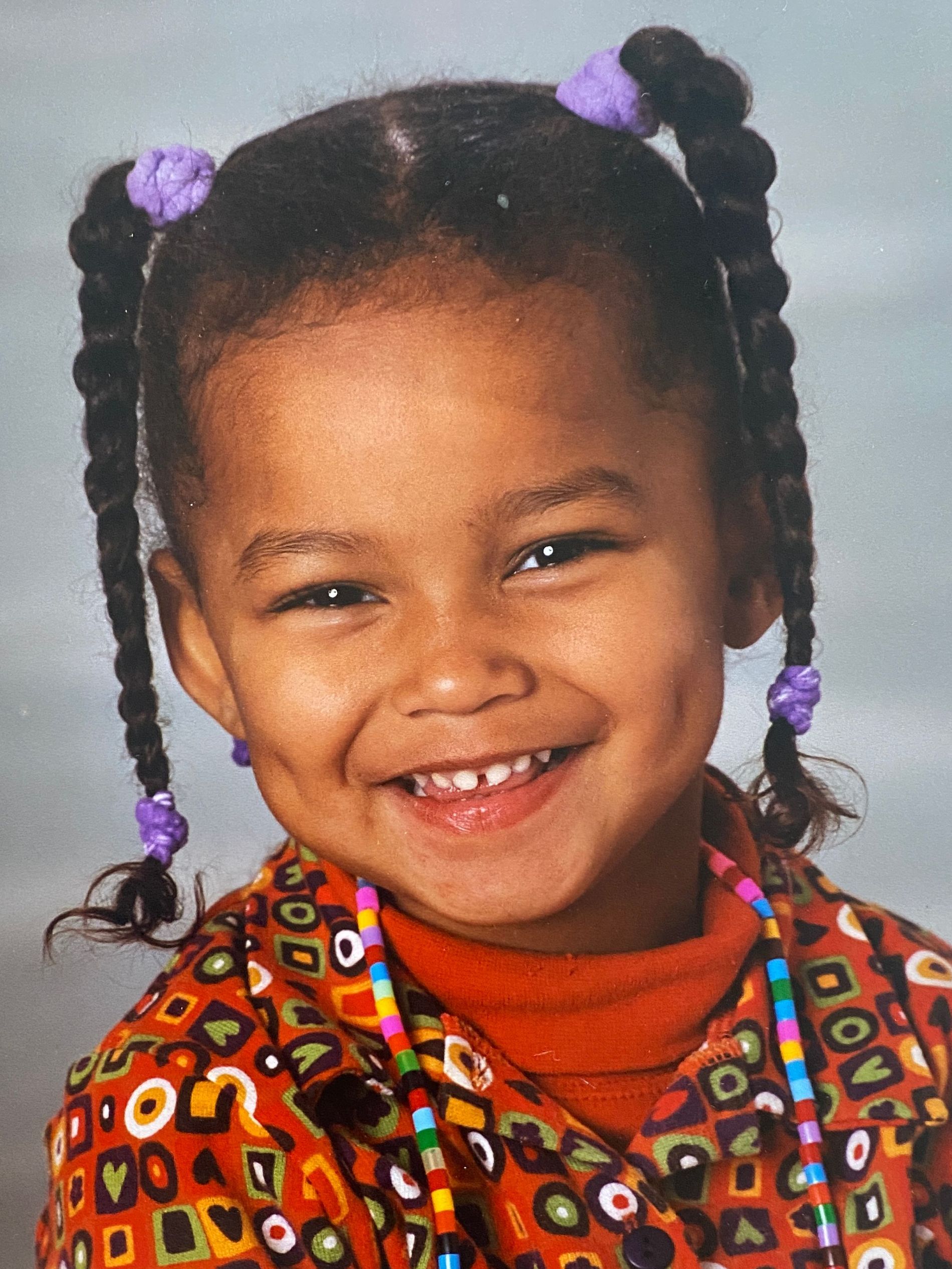
Joy when she was a little girl. Photo: Joy M’Batha
Give your love to others
Try to give your love, and recognition, to the people that were there for you, such as your father or your friendship circle, during those difficult times. Show them that love on the day and focus on fostering those relationships, instead of the ones you might be missing. You could give your friends some flowers, for example, and tell them how much you appreciate them – show them the love that you want to show your mum, but you can't.
Let yourself grieve
I’ve been running away from my feelings a lot in my life, but now I'm allowing myself to feel. It’s important to know that it’s okay to be sad, even for just a little bit. I might sit with my feelings then go for a walk or do something that makes me feel better, instead of just staying in those feelings.
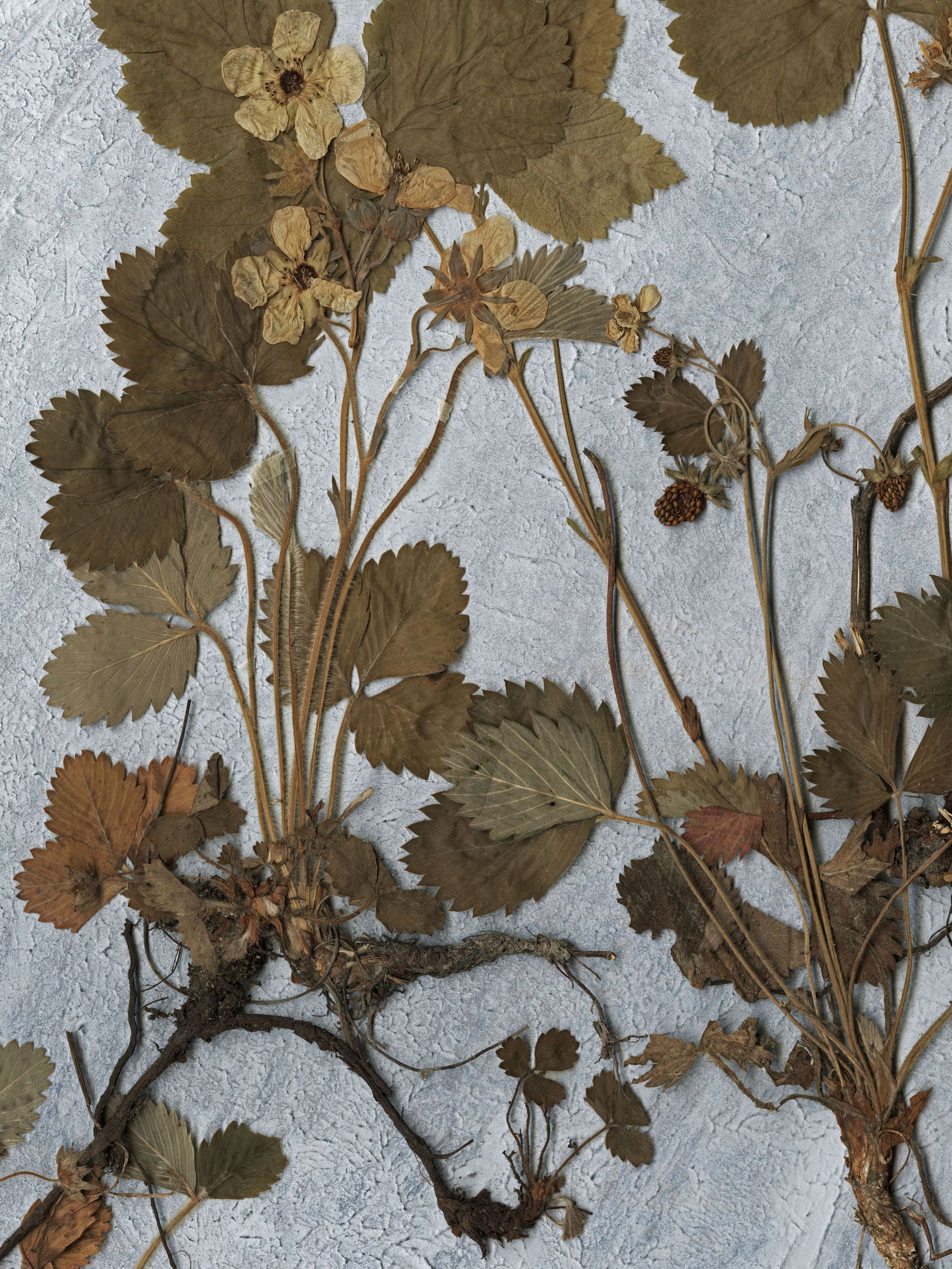
Photo: Martin Bergström
Be kind to yourself
If, like me, you were your own mother for much of your life, then you should take care of yourself on mother’s day. I might put on a face mask, listen to music that I like and order some food.Treat yourself kindly that day, however you want to do that.
Take comfort in your network
I know friends that have also lost their mothers and even though we might not explicitly talk about them or about what has happened, it still feels comfortable being with someone who knows what you are going through. You don't even have to talk about it, but it’s comforting knowing you share the same experience.
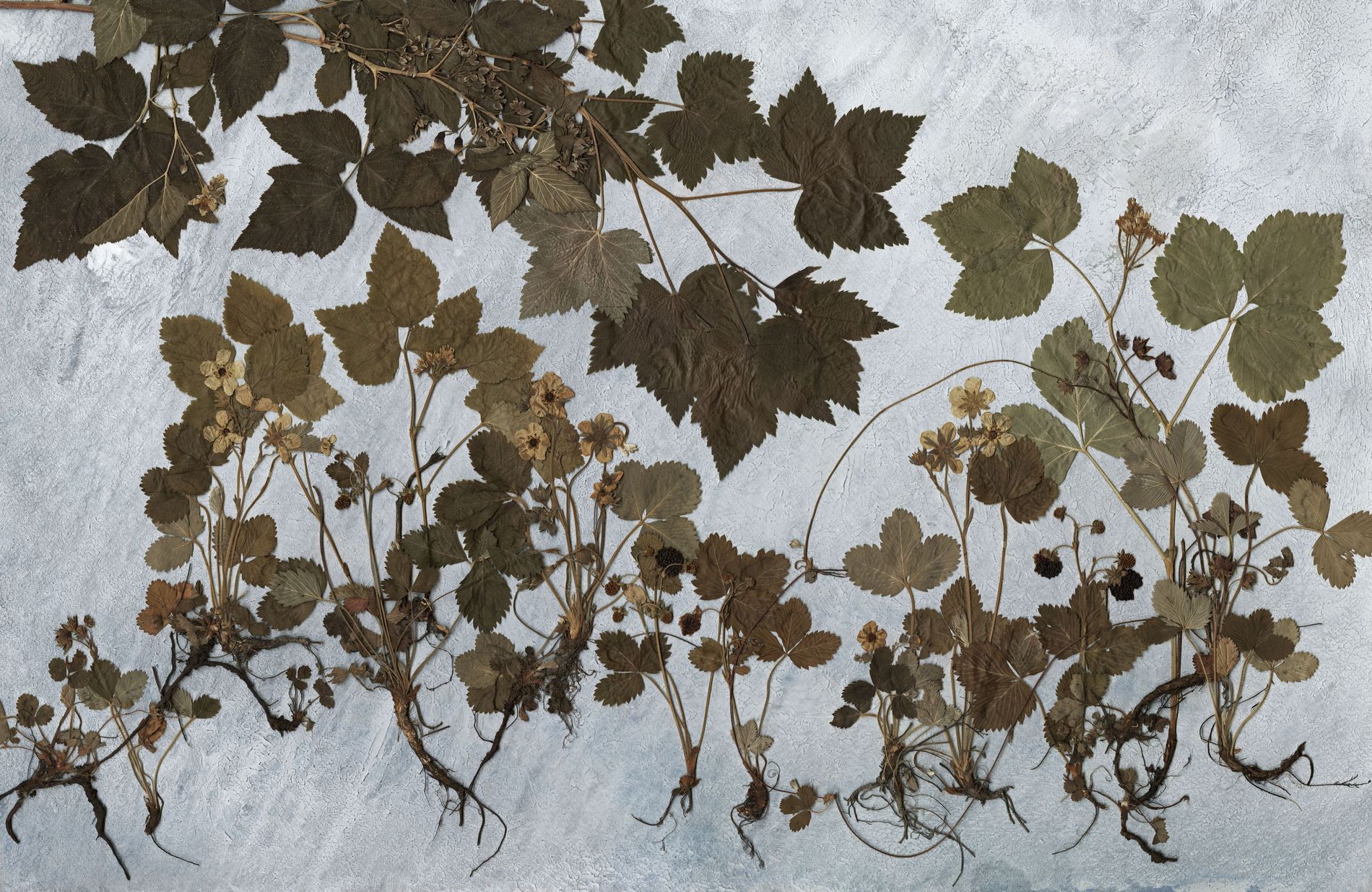
Photo: Anemone Nielsen
